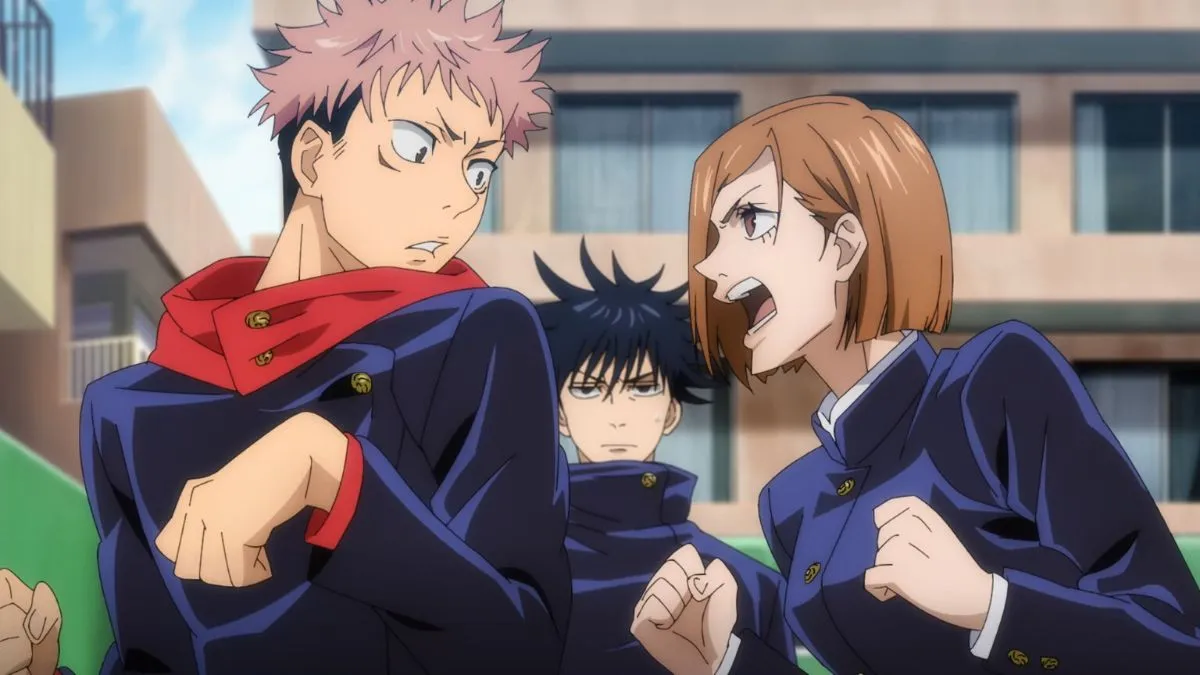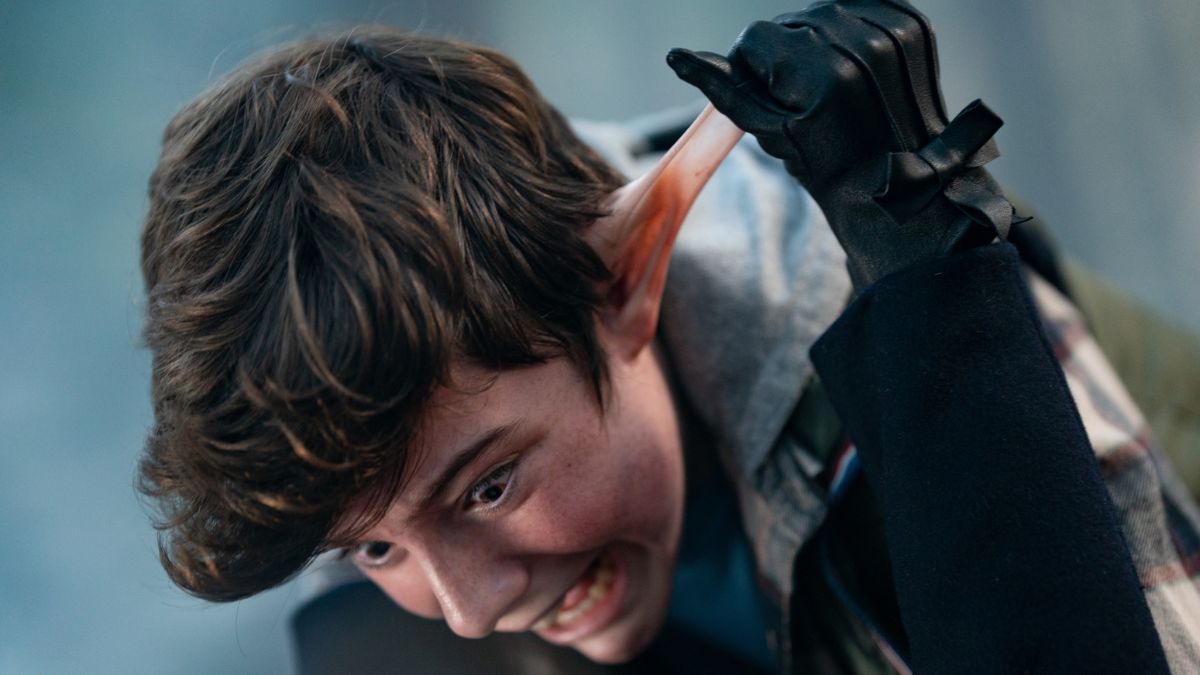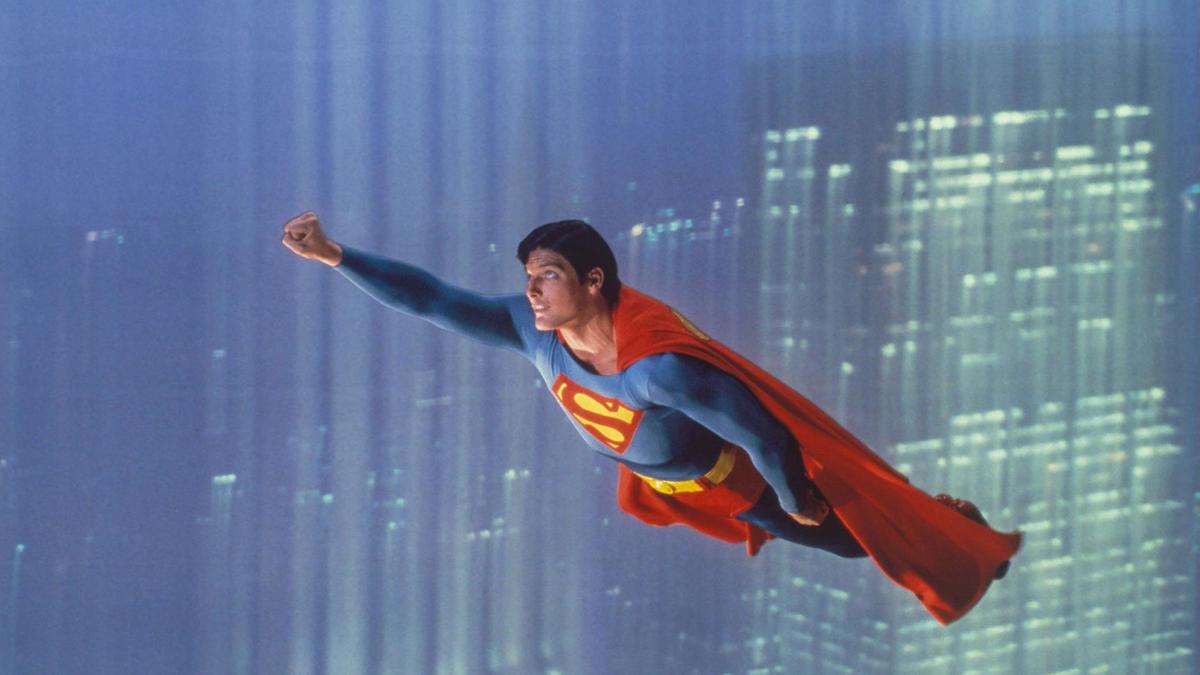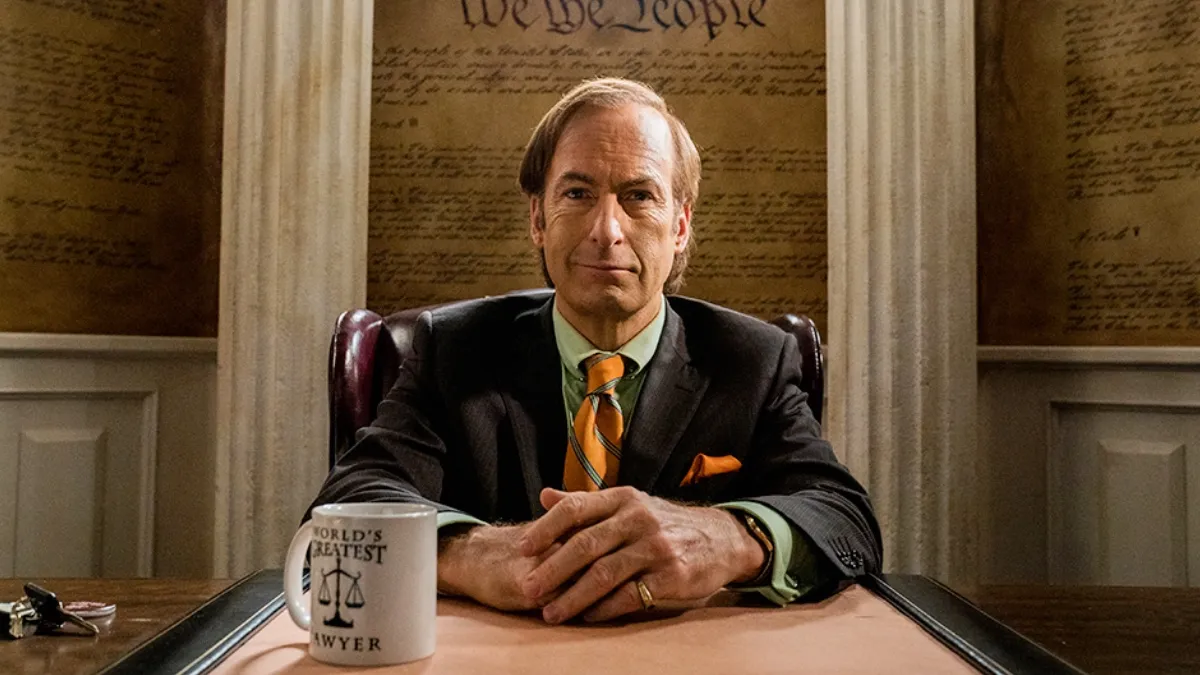
You can figure out everything you need to know about the big-screen version of the dazzling, Tony Award-winning musical Jersey Boys from the opening studio logos alone. A familiar piano cue from The Four Seasons’ catchy classic “December, 1963 (Oh, What a Night)” plays over greying silver studio logos. In other words, you are going to get the electrifying pop staples but over a drab, lifeless execution. Director Clint Eastwood is no stranger to music, as he worked as a composer on many of his most recent films, but Jersey Boys is one musical adaptation that he should have left alone.
Jersey Boys is probably the most beloved of all of the jukebox musicals that blended the lights of Broadway with the biggest pop hits of yesteryear. In the stumble to the big screen, though, the behind-the-music story about how some delinquent boys growing up just outside of Newark became one of America’s biggest pop sensations is content to be a period piece before a musical. It should fascinate those who have not seen the stage work, but as a comparative note to the musical, it lacks its dazzling entertainment value.
Structured around the four seasons as each of the four main band members (of The Four Seasons) gets a chance to speak with the audience, the musical proved to be a multi-faceted look at the group’s rise and fall. The film begins with Tommy DeVito (Boardwalk Empire’s Vincent Piazza) breaking the fourth wall – a creative move that translates better to the stage than the screen – and explaining how the group began. He befriended shy teen hairdresser Frankie Castellucio (John Lloyd Young, reprising his Tony-winning role), whose street corner falsetto could move an audience to awe and tears in equal measure. “A voice like yours is a gift from God,” says local wiseguy Gyp DeCarlo (Christopher Walken) to Frankie, who decides to change his last name to Valli.
Together with rising singer-songwriter Bob Gaudio (Erich Bergen) and Tommy’s old pal Nick Massi (Michael Lomenda) on bass, Tommy and Frankie try to secure a recording contract – and find a band name. Deciding on The Four Seasons, after a local New Jersey bowling alley where Tommy worked, the band soon unleashes a cavalcade of hits song, including “Sherry,” “Big Girls Don’t Cry” and “Walk Like a Man.” However, as the formula goes, a quick ascent usually means an even quicker demise. With Tommy’s creative battles with Bob, as well as the former’s debts to the Mafia, the pop-rock quartet find that their 15 minutes of stardom may be up in a flash.
One of the film’s biggest successes is the vetting of actors who originated these parts on stage for the big-screen roles. (With the exception of Piazza, three of the four actors playing the band members performed in the musical.) Since Eastwood is a director known for filming on schedule and only shooting a few takes, it helps that the actors have such knowledge of the material. Even though Young looks, well, too old to play a Jersey dreamer with visions of Sinatra-like stardom – he ages remarkably little between his days of youthful delinquency and being the father to a teenage outcast of his own – he still owns every frame he is in.

Unfortunately, must of the rest of Jersey Boys is scaled back, a drained version of the Broadway musical that lacks its zip and vitality. The only time the energy picks up is during the musical numbers, although many of these renditions are flatly executed. Eastwood decides to keep the camera mostly stable, often viewing the performers from a distance, just like the TV crews who recorded their live shows on programs like American Bandstand and The Ed Sullivan Show. At one point in the film, Ed Sullivan instructs Frankie before the band’s performance, “Don’t move around too much and don’t look down.” That could have been the same advice Eastwood gave to his cinematographer, Tom Stern.
With a washed-out color scheme that is typical for an Eastwood-helmed production, Jersey Boys is one of the blandest looking big-budget musicals to ever come out of Hollywood. Without the ritzy colors and movement of the stage version, it is the big-screen take that comes off looking the stageiest. To the director, it is more important that it looks like the 1960s than it feels like the swinging decade of musical revolution.
In the transition to the screen, the musical also stumbles on choosing what to include in the condensed film version. Instead of foregrounding the music, writers Marshall Brickman and Rick Elice (who penned the Broadway book) are more interested in reliving the mania behind-the-scenes than getting a good grasp on who each of the band members are in detail.
Tommy and Frankie’s sections are the most revealing, while Bob and Nick are left with oddly little personality. We learn more about the Four Seasons as a group than we do about what changes their temperature as individual parts of the band. Without digging into each musician’s idiosyncrasies, the late scenes of inter-band conflict aren’t as compelling on the screen as they were on stage. Furthermore, unlike most musical biopics, there is little to explain why the group really mattered or how they influenced the larger culture.
Another way Jersey Boys falters in comparison with its source material: without the live performance, the actors seem to hold back with their vocals. On the stage, meanwhile, the songs complement the changing seasons in the band’s development; on film, the band members do not even have enough time to explain what inspired their hit tunes like “December, 1963 (Oh, What a Night).” Meanwhile, considering how much spark the pop music gave to the stage version, there is a curious lack of show-stopping numbers here. Since the film cuts and pastes several moments from the musical, some of the scenes end awkwardly before a new one begins.

Even for a film that lacks the sheen of its Broadway precursor, Jersey Boys looks terrific on Blu-Ray. The 1080p High Definition transfer is crisp, giving a sharp, clean view of the period textures. For a film that required a lot of backlot shooting, Jersey Boys does not take a lot of risks aesthetically, but there are no noticeable problems with the visual presentation.
A bit more off-putting is the 5.1 DTS-HD Master Audio sound mix, which often has to transition from muffled dialogue to loud, triumphant-sounding Four Seasons tracks. The clean vocals, and the breathtaking voices and instrumentals – notably the horn section during “Can’t Take My Eyes Off You” – sound fantastic. However, at the same volume as some of the quieter scenes filled with mumbled dialogue, the songs sound disarmingly loud when they begin. The shifts from the quieter scenes to the musical performances are not very refined. We often move from a low sound mix to full-throttled music. Expect to routinely increase and lower the volume depending on the scene.
Even though Jersey Boys was not a huge box office hit this summer, fans of the musical may feel a bit short-changed by the lack of special features (around 30 minutes worth). Regardless, the three behind-the-scenes featurettes do manage to pack a lot in. They are as follows…
“From Broadway to the Big Screen” (23 minutes):
An in-depth look at how Jersey Boys became a bona-fide success on Broadway and then how the cast and crew came together for the big-screen adaptation. The makers of this featurette spoke with most of the principal cast, as well as scribe Rick Elice and director Clint Eastwood. If you want to learn why Eastwood decided on this project and how he decided to use many stage performers in his cast, this documentary has the answers. However, those looking for a lot of footage from the set and discussion about some of the film’s major musical moments will not find too much of value here.
“Too Good to Be True” (5 minutes):
A supplemental feature to the 23-minute doc outlined above, this looks at actor Donnie Kehr, who originated the role of Gyp DeCarlo in the play’s original La Jolla production and played Norm Waxman in the film version of Jersey Boys. There are a few fleeting glimpses backstage at the play’s pre-Broadway incarnation that fans will enjoy (although not for long). Meanwhile, Kehr talks about a dream of a 50th birthday present: shooting on that date with one of his idols, Christopher Walken, starring in the role he originated.
“Oh What a Night” to Remember (5 minutes):
Similar to a curtain call that brings a stage cast together for an encore and final bow, Jersey Boys (the movie) ends with a song-and-dance number. This short feature looks at how this grand finale came to be, featuring interviews with choreographer Sergio Trujillo and some of the cast – who only had a day-and-a-half to shoot this big number. One wonders why we could not see more of Christopher Walken dancing in this finale, although if you want to see a small routine from Clint Eastwood, this feature will make you very happy.
Stiff, slow and lacking the dynamic energy of the original Broadway play, Jersey Boys is a disappointment on the screen. To the chagrin of those who adored the Tony-winning musical, it is a pale version of a dazzling production, and an easy film to take your eyes off. Although the Blu-Ray bonus features are not much, they give some insight into the casting and production process, along with clips of Clint Eastwood dancing. However, that is not enough to recommend a purchase. Save the money for a ticket to the stage version of Jersey Boys, as it’s one of the finest musicals in recent memory.






